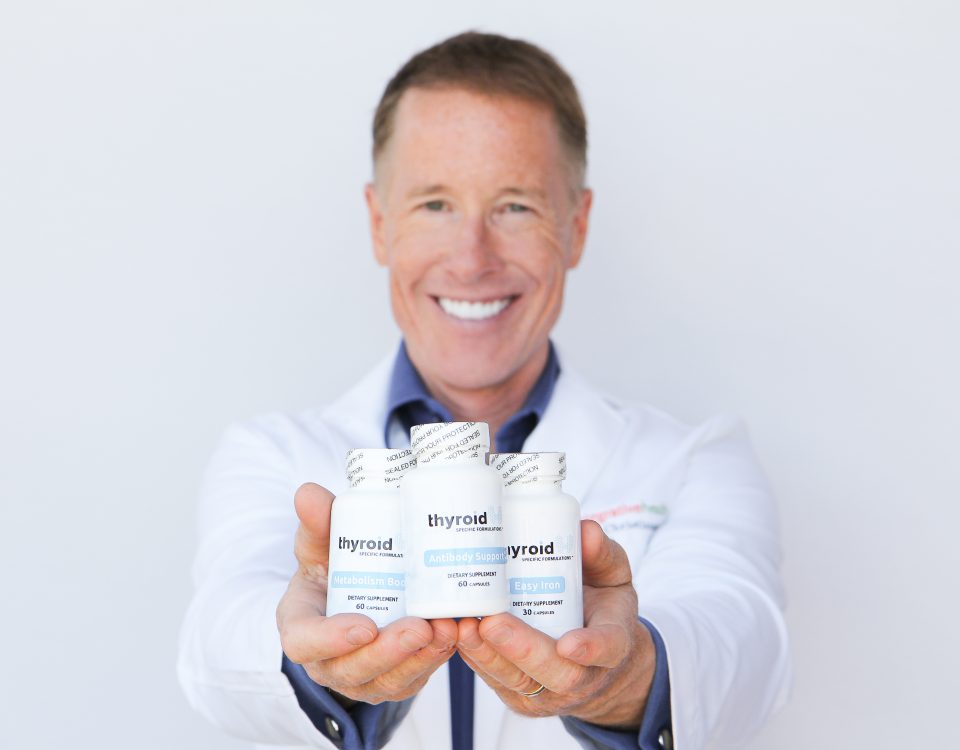Is the Cholesterol Scare Real?
Many people I talk to don’t think much about cholesterol. Maybe they have been told theirs is high, but it did not seem that bad. Some feel that their cholesterol should not matter much if they mostly eat healthy food and exercise.
It is uncomfortable to acknowledge the fact that you’re at risk for heart disease. It is often easier psychologically to downplay the risk rather than face it.
Is the Cholesterol Risk Real?
Some argue that cholesterol is not a risk factor or a significant cause of heart disease, particularly in carnivore and high-fat diet communities.
They argue against it being a risk factor because these diets raise cholesterol for a high percentage of people.
Their main argument is that cholesterol is a Vital Molecule: Cholesterol is essential for various bodily functions, including hormone production, cell membrane integrity, and brain function. They argue that cholesterol is necessary for life and can’t be harmful.
Cholesterol’s Vital Functions
Cholesterol is indeed a crucial molecule in the body, serving several essential functions:
- Cell Membrane Structure
- Hormone Production
- Bile Acid Formation
- Vitamin D Synthesis
- Brain Cell Repair
Minimal Cholesterol Requirements
While cholesterol is essential, the body only needs a small amount to perform these vital functions. Here’s why:
- Endogenous Production: The liver makes cholesterol. The body synthesizes all the cholesterol it needs, even when dietary cholesterol intake is very low.
- Minimal Levels for Functionality: Research has shown that cholesterol levels as low as 30 mg/dL are enough to support all the necessary functions of cholesterol in the body. Your body needs cholesterol, but not that much.
Cholesterol Deniers – Tragic Examples
Many cholesterol deniers proudly show their blood tests with high cholesterol levels even though they appear full of vitality and have no signs of heart disease.
The problem here is that heart disease is a disease of aging. It takes many decades to develop.
There is a morbid joke about a man who fell off the Empire State Building. As his fall brought him past the 20th floor, he was heard to say: “so far, so good!”
Sadly, there have been several public examples of cholesterol denialists who had public bouts with heart disease.
Seth Roberts
Roberts was the pioneer of the ‘Quantified Self’ movement, which involved self-tracking of various markers like glucose, sleep, or heart rate to improve health and productivity.
One of Roberts’ most famous contributions was his butter coffee. Seth advocated adding several tablespoons of butter to coffee to boost brain function. Seth famously denied the risk of heart disease from high cholesterol levels.
Death from Congestive Heart Failure
Tragically, Seth Roberts died suddenly in 2014 at the age of 60 from congestive heart failure. Months before his death, he gave a public talk about the benefits of extremely high-fat diets and even laughed off warnings from a cardiologist in the audience.
Bob Harper – The Biggest Loser
Bob Harper, a well-known fitness trainer and television personality, rose to fame as a coach on the popular TV show The Biggest Loser, where he guided contestants through dramatic weight loss journeys. For much of his career, Harper advocated various fitness and diet trends, including high-fat, low-carbohydrate diets. Like many who pushed for high-fat diets, Bob denied that dietary fat could be harmful and that cholesterol could raise the risk for heart disease.
Harper’s Near-Fatal Heart Attack
In February 2017, Bob Harper suffered a near-fatal heart attack at the age of 51 while working out at a gym in New York City. The heart attack, which was a severe type known as a “widow-maker” (due to its high mortality rate), shocked his fans and the fitness community. Just a few weeks before this heart attack, he was on the Rachel Ray show, gushing about the benefits of eating high amounts of fat. He assured Rachel that cholesterol did not matter.
Harper survived thanks to the quick action of those around him and emergency medical intervention, but the event was a significant turning point in his life.
Reflection and Reversal
Following the heart attack, Harper changed his stance on high-fat diets. He began advocating for a more balanced approach to eating, emphasizing good carbs like fruits, vegetables, whole grains, and lean proteins.











